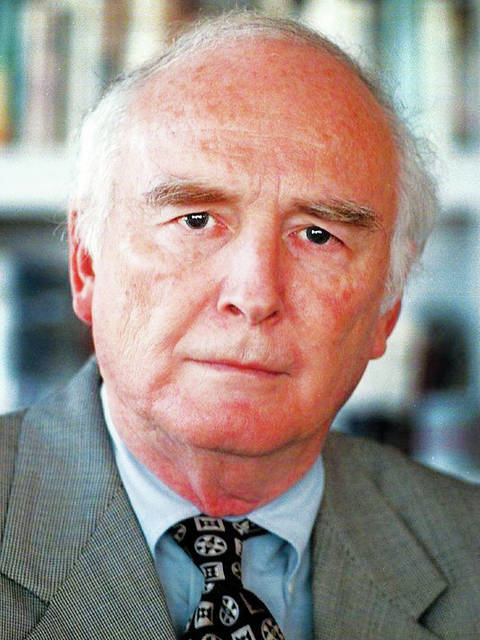
So what’s new?
Certainly not the late J. Edgar Hoover’s antipathy toward Dr. Martin Luther King as revealed again in the recent discovery of a long-ago letter from the FBI director to his third in command, William Sullivan, who headed domestic intelligence, and shared the concern about King… or if he didn’t, he found it prudent to say he did.
In the letter dated Nov. 18, 1964, Hoover thanks Sullivan for his praise of his boss’s handling of a long press conference with women correspondents to whom he explained how the bureau works. He also talked about King, noting that response in letters had overwhelmingly agreed with him. He then tells Sullivan his own views are the same as Sullivan’s that King’s “exposure is long overdue,” adding that “maybe he is now beginning to get his just desserts. I certainly hope so.”
Whether from inherent racism by one who took over the bureau at the height of Jim Crow in the South and the rebirth of the Ku Klux Klan and did nothing about it all those years or the fact he thought King to be a tool of the Communists, his feelings about the civil rights giant were well known to the press, to those around him in the bureau, Congress, and Justice Department and to a great deal of the public.
The animosity between the two was palpable and King had accused Southern FBI agents of doing nothing to alleviate the injustices. Hoover denied that his agents had failed to act because of their Southern leanings. In the midst of all this vitriol, King received an anonymous hate letter that clearly threatened violence. The minister and others believed it was a plant from the FBI. Sullivan testified in Congress that he knew of the letter but denied having anything to do with it and was against it although a draft copy was later found in Sullivan’s files.
A year earlier, the FBI was able to get permission from Attorney General Robert Kennedy to begin electronic surveillance of King at all levels, including bugging his hotel rooms, offices, etc. What was discovered was not any affiliation with communism but sexual incidents that were taped by listening agents — one of these was explicit and Hoover played that tape around town to those friendly in the press and others of influence to prove King’s indiscretions.
Why would the Kennedys — Robert and John — agree to permit this intrusion into the life of a winner of the Nobel Peace Prize at a time John was facing a tough re-election? Because Hoover had evidence that gave him leverage — the knowledge that President Kennedy had been having a passionate affair with Judith Campbell who had been introduced to him by Frank Sinatra and was also an intimate of Chicago mobster Sam Giancana. Hoover lost little time making Bobby Kennedy aware he knew about the Mafia “party girl,” warning him at a luncheon of the difficulties of this situation, including the fact she had carried messages between Giancana and the president.
The implications to Kennedy were clear, especially since the administration had pledged to go after organized crime and despite the fact that his own father, Joseph, was alleged to have had dealings with the Mafia including in John’s election campaign. The president’s long relationship with Campbell, later to become Judith Exner, would have been nearly impossible to explain and it prompted one of his best friends, Ben Bradley, executive editor of the Washington Post, after it was revealed a decade later, to say that Kennedy would have been impeached had it been known.
During the Senate Watergate hearings it was revealed that Sullivan, called “the professor” because of his decidedly rumpled, un-FBI look and his intenseness, had written a memo to White House General Counsel John Dean, outlining the political use of the bureau by presidents over the years. It was not released, but interviews with Hoover’s top lieutenants re-created most of its claims such as black bag break-ins at foreign embassies, unauthorized surveillance of a personal nature, and on and on.
I knew Bill Sullivan well but we never discussed the King matter. I talked to him from his home in New Hampshire and we planned lunch when he got to Washington the following week to appear before a Senate committee chaired by Frank Church. He was shot and killed over that weekend by an errant hunter.


